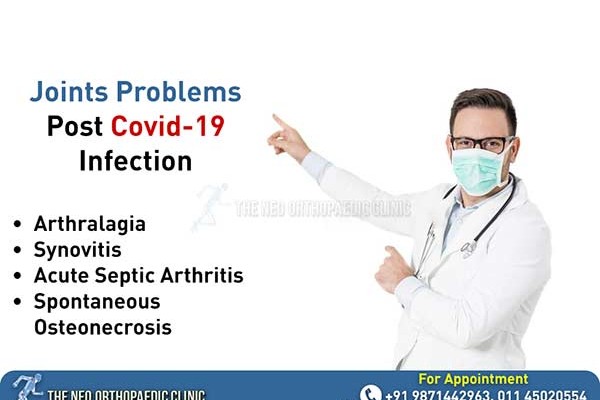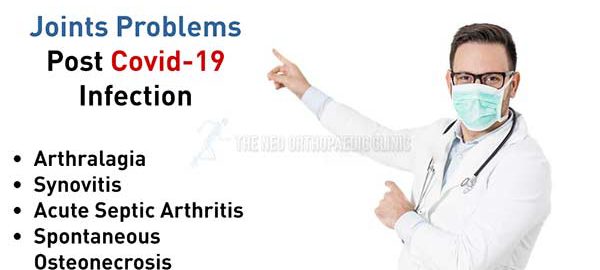Did you know that the Coronavirus infection can leave you sequelae of pain in the joints and muscles? Many people have joint pain before they start with the Covid-19 infection. During infection these problems can be aggravated due not only to immobilization, but also to tissue damage caused by the medication used to fight the virus.
The most common problems reported by patients are pain in the shoulders and back, although they can affect any joint in the body. Some patients may have more severe problems such as difficulty standing, climbing stairs, grasping objects in their hands, or raising their arms above the head. Some patients also report cramping and tingling sensations as well as weakness in the arms and legs.
What can I do to improve these joint and muscle problems
Most problems progressively improve after overcoming Covid. Taking care of your joints and muscles should be a very important part of the recovery process. The goal would be to return to the same level of activity as before getting sick, so you have to try to increase the amount of movements and activities progressively.
Our joints and muscles are designed to move so any gentle exercise is beneficial. Sometimes due to respiratory problems due to Covid, fatigue and / or high air can be noticed so you do not have to rush to accelerate the recovery and you will have to try to do a little more each day. It is very important to keep a balance between exercise, activities and rest. For this reason, at the beginning of recovery it is better to incorporate simple activities and then gradually introduce stronger activities.
Here are several examples of strengthening and flexibility exercises as well as tips that will help your joints and muscles.
– Examples of stretches to perform 1 or 2 times a day :
- yoga
- Tai Chi
- any joint stretching as far as possible
– Examples of strengthening exercises at least 2 times a day :
- climbing stairs
- lift weight
- rubber band exercises
- gardening activities
- bike
– Try to change your posture frequently. Limit the amount of time you spend in the same position, such as sitting, watching television or watching your mobile. If you feel that the pain increases with a certain position, change position or take a walk to relieve it.
– Use some ointment or mild analgesics to help relieve some mild pain, although always check with the pharmacist or doctor first.
When should you go to the doctor
You should go immediately to an emergency service to be evaluated if:
– you have very acute pain in your arms and / or legs, a loss of strength or insensitivity that prevents you from performing the previously indicated exercises.
– If you have any swollen, red and hot joints.
– If you have acute back pain radiating to the legs and accompanied by loss of reflex to urinate or defecate .
Contact your orthopaedic doctor in Delhi preferably if:
– your joint or muscle pain worsens or does not improve after 3-4 weeks.
– if you are unable to perform activities or exercises due to shortness of breath or fatigue .
– if new symptoms appear such as cramps, worsening weakness in the arms and legs or stability problems that make you fall or need to lie down.
– If new muscle aches appear that prevent you from sleeping


